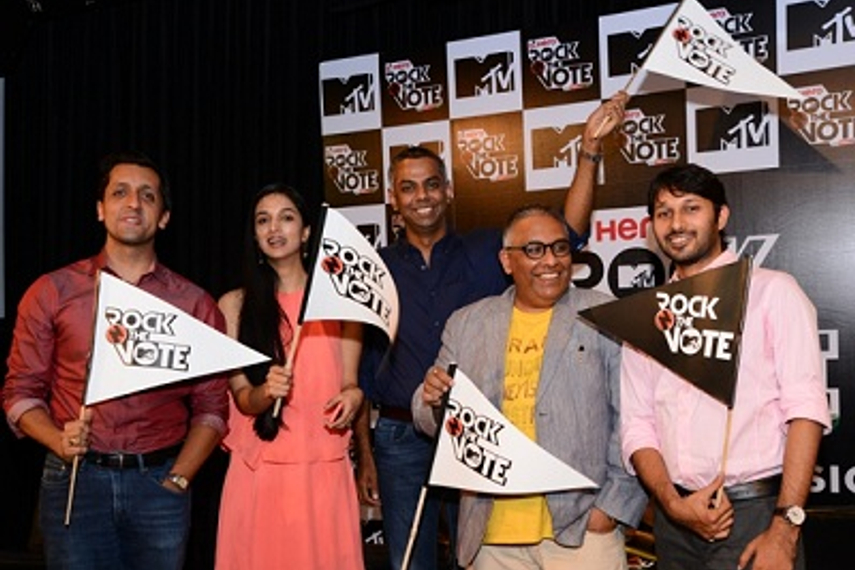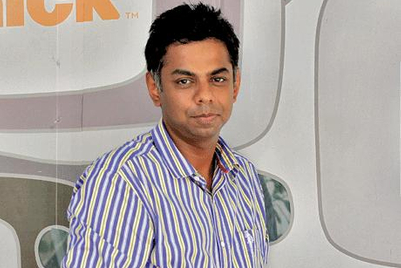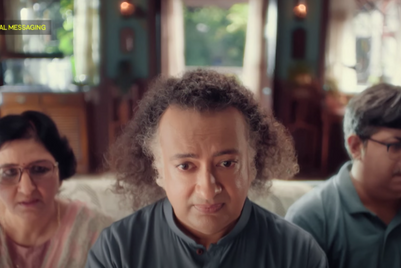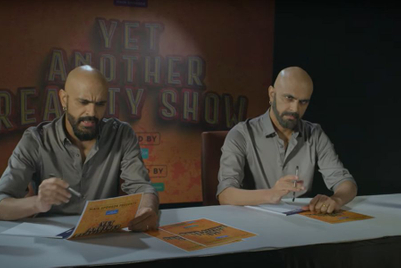
MTV, as part of its ‘Rock the Vote’ initiative to encourage Indian youth to vote, has engaged in an on air, online and on-ground campaign. The on-ground efforts included discussion forums with college students in attendance.
One such forum hosted in Mumbai on 8 April featured Aditya Swamy, channel head, MTV India; Rishi Jaitly, head, Twitter India; Bobby Pawar, chief creative officer, Publicis India; Anoop Gandhi, owner Bonobo; and Ira Tridevi, author. The panel was hosted by RJ Jose Cuvaco.
The discussion format involved speakers presenting opening remarks, followed by an interactive session with the audience. Thanks to the format, the session threw up insights on what is going on in the minds of the young college crowd.
A balanced outlook
A major worry among the young audience members seemed to resonate in their question: ‘How do we decide whom to vote for?’.
And a more cynical side of the audience made itself apparent when it voiced the view that voting won’t bring about the change they seek. Urging them to adopt a more balanced outlook, Swamy said, “As Indians, we tend to criticise things more, it’s part of our personality. The first step is to actually go out there and vote. I agree that there is so much stuff out there that’s wrong but we have to be appreciative of the things that are going right.”
Parallels were drawn by the youth between how India is progressing compared to China. Pawar brought in perspective, reminding the audience that China’s form of governance, by itself, in an odd way, makes developmental projects move along faster.
He elaborated, “We live in a democracy and we need to find hope within the despair. There’s corruption everywhere in the world. If you don’t count yourself in the picture, you’ll never get to be a part of the picture. So go out there and vote”
Addressing the issue of choosing the right candidate, Gandhi underlined the importance of going out there and casting a vote without worrying about the outcome. He said, “Like they say, people are risk-avoiders than risk-takers. You have to be a risk-taker. You can never know that the person that you’re choosing is going to do the right thing but you have to try to pick the best of the lot.”
Check them out on Twitter
As a pre-emptive move to avoid voting for the ‘wrong’ candidate, Jaitly suggested that voters should look up the information on politicians across the social media ecosystem.
He explained, “Twitter is an open, public platform where you can search what any city in India is talking about at any given moment. A lot of your candidates are on Twitter, so before the media can filter and get the information to you, you can go online and see it. Twitter is very revealing. It reveals the truth about people, brands, companies in ways that I find magical. Twitter, as a platform, is taken very personally. When you interact with these people or look them up on Twitter, you can actually start to discern how they are as people. ”
‘A personality-driven election’
Discussing the importance of going through a party’s manifesto before voting, Trivedi commented, “Do these parties actually carry out what they promise in the manifestos? It doesn’t seem that they do and as a voter, I think we have come to terms with that. Plus, it’s strange that manifestos are coming out two days before people go out to vote. A manifesto of 60-odd pages can’t be read two days before the day of voting. Plus, it is interesting to see how personality-driven this election seems to have become.”
In the course of the evening, the discussion veered once again towards the elections having become a personality-driven affair - and whether they should be.
Pawar responded: “If you look at democracies across the world you will find that elections are won by leaders. When it is a party that wins, it is usually indicative of a weak leadership in the party. The 2004 and 2009 elections had no leader that was voted in. The leader acts as a gravitational force and there is nothing wrong in it.”
Swamy too reasoned that a personality-driven election was not unusual. He said, “People are choosing personalities over facts but at the end of the day we’re all dealing with people. If you think of the prime minister as the CEO of a company or as the man who has to get the majority of votes in a board room, then the person is always going to be ahead of the logic. We as people connect with people. In that spirit, it’s good that we have three very distinct personalities in the elections.”
Voting is ‘cool’
Swamy brought into focus the change from the time he started voting, to now, when voting has become ‘cool’. Or rather, a time when not voting has become ‘uncool’! He added, “Not having a mark on your finger is embarrassing. Imagine not having a mark on your finger when you go to a club or a party.”
A consensus on how to arrive at whom to vote for was reached, so to speak, with Gandhi putting it simply: “Everybody should do their own study before voting. Look at what has been done in your locality. Know what and whom you’re voting for. What you vote for today is what you (want to) see within the next five years.”
Surmising things in a lighter vein, Pawar said: “Voting. Duty. These are heavy words. Have fun with it. If you don’t know who you’re voting for, then at least know who to vote against.”
Also read: Youth ask: ‘What news on politicians should we trust?’









.jpg&h=268&w=401&q=100&v=20250320&c=1)
